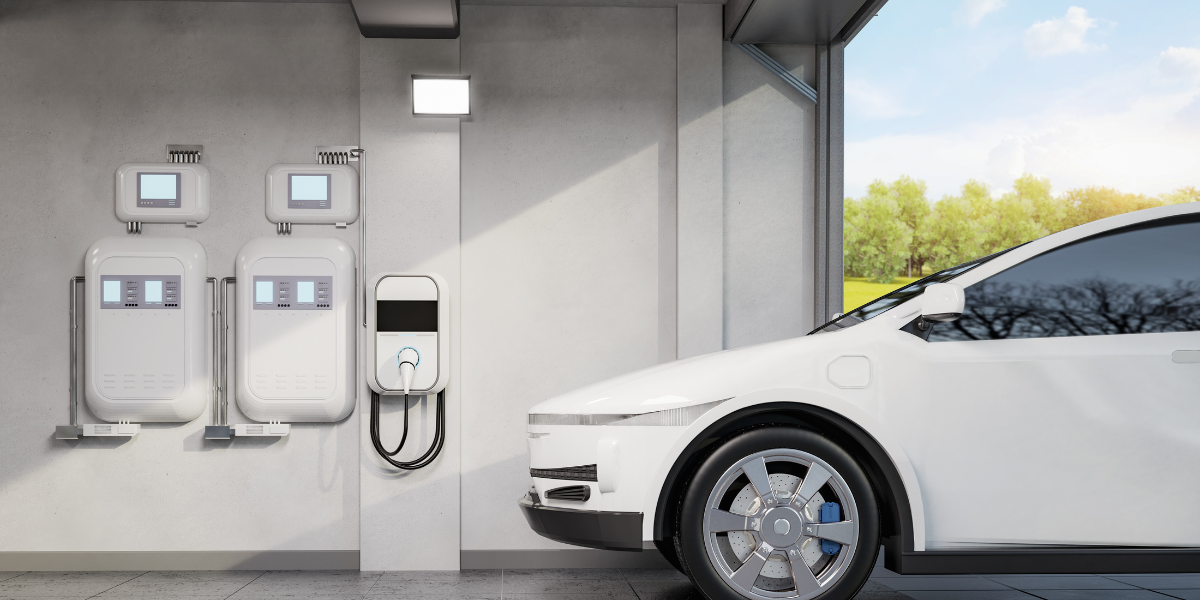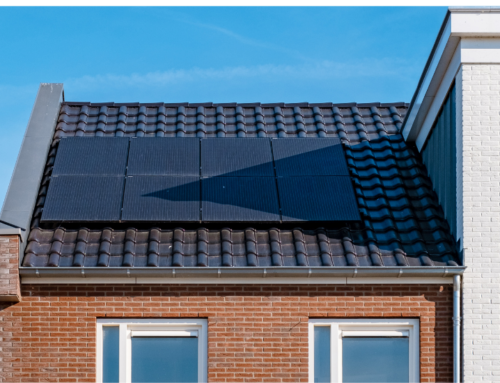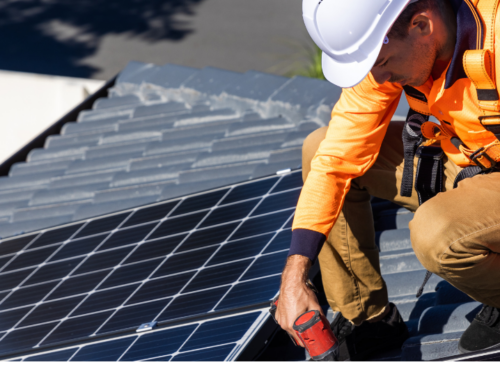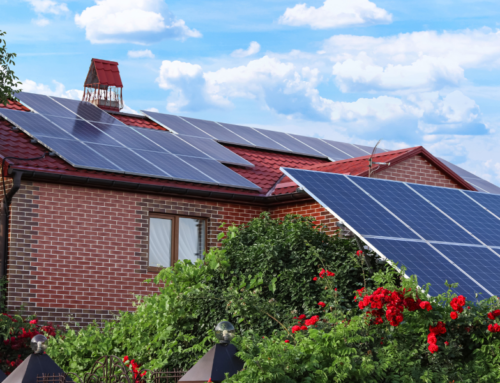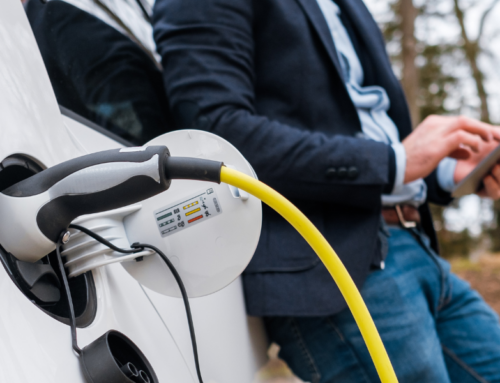One of the perks of owning an electrical vehicle (EV) is the convenience of charging it at home instead of having to rely solely on public charging stations. Unfortunately, it’s not as simple as plugging your vehicle into a standard outlet. For optimal charging ability, you need a special residential EV charging system installed by a professional.
Milwaukee-based Integrated Building Systems of Wisconsin has the expertise you need to transform your home into a charging haven for your electric vehicle. We’ll answer some of the most common questions homeowners have about these systems and offer some tips so you can make the best decisions for your needs.
Why an EV Charging System is Better than a Standard Outlet
A residential EV charging system is, hands down, the best way to charge your electrical vehicle at home. While it is technically possible to plug an electric vehicle into a standard household outlet, there are several important reasons why this is not recommended for regular, long-term charging:
Voltage and Amperage: Standard household outlets are typically 120 volts with a 15-amp or 20-amp circuit, which is much lower than what is needed for efficient EV charging. Electric vehicles generally require 240 volts and 30 amps or more to charge at a reasonable rate.
Charging Speed: Charging an EV using a standard outlet is incredibly slow. It can take many hours, sometimes even more than a day, to fully charge an electric vehicle from empty using a standard household outlet.
Potential Overloading: Continuous charging at higher amperage from a standard household outlet can lead to overheating and overloading of the electrical circuit. This can pose a safety risk and may damage your home’s electrical system.
Cord Compatibility: Most EVs come with charging cords that aren’t designed to work with standard household outlets. Using an adapter to connect your EV to a standard outlet may not be safe and can affect the charging efficiency.
To address these limitations and ensure safe and efficient charging, it is strongly recommended to install a residential EV charging system designed specifically for electrical vehicles.
Types of Residential EV Charging Systems
There are several kinds of residential EV charging systems, but most fall into two main categories: Level 2 chargers and DC fast chargers. Each has its pros and cons.
Level 2 Chargers: The most common choice for homeowners, these systems provide a faster charge than a standard wall outlet and are compatible with most electric cars. Level 2 chargers are cost-effective and most offer Wi-Fi connectivity for remote monitoring. However, they may require a dedicated 240-volt circuit, which our certified electricians can install. On average, a Level 2 charger can provide a full charge in 4-8 hours.
DC Fast Chargers: If you’re looking for a quick charge, DC (Direct Current) fast chargers are the answer. They can charge an electric vehicle in 30 minutes to 1 hour, making them ideal for those on the go. However, they are more expensive to install – costing anywhere from $10,000 to $50,000 – and may not be compatible with all-electric vehicles.
Although EV chargers do not require a home internet connection to function, having one can offer several benefits. For example, some EV chargers allow you to control the charging process remotely through a smartphone app or a web interface so you can start or stop charging, set charging schedules, adjust power levels, monitor the charging status, and receive notifications about your EV’s charging progress remotely. This allows you to stay informed about your vehicle’s charging status even when you’re away from home.
Electricity Usage and Location
The most common questions our clients ask are where they should install the residential EV charging station, how much electricity it will pull – and how much their monthly electric bill will increase as a result.
Before installing an EV charging system, it’s essential to consult with a qualified electrician or charging station installer to assess your property and determine the best location for your specific needs. They can also help you choose the right charging equipment and ensure a safe and efficient installation. Most EV chargers are located in the garage, but if you don’t have a garage, you can install it on the exterior of the house in a carport, near the driveway, or the side yard.
As for electricity usage, a full charge typically adds around 10-60 kilowatt hours to your bill, depending on the charger’s power and your vehicle’s battery size. A certified electrician can help you understand the electricity rates and estimate the impact on your monthly bill. You also can take advantage of tax credits to offset this cost.
Power Up with Integrated Building Systems of Wisconsin
Residential EV charging is a game-changer for homeowners looking to save on fuel costs, enjoy convenience, and reduce their carbon footprint. Integrated Building Systems of Wisconsin in Milwaukee is your trusted partner for professional EV charging installation. Call us today to learn more about our services and take the first step towards powering up your home for electric mobility. Join the EV revolution and let us make your home sweet charge a reality!

